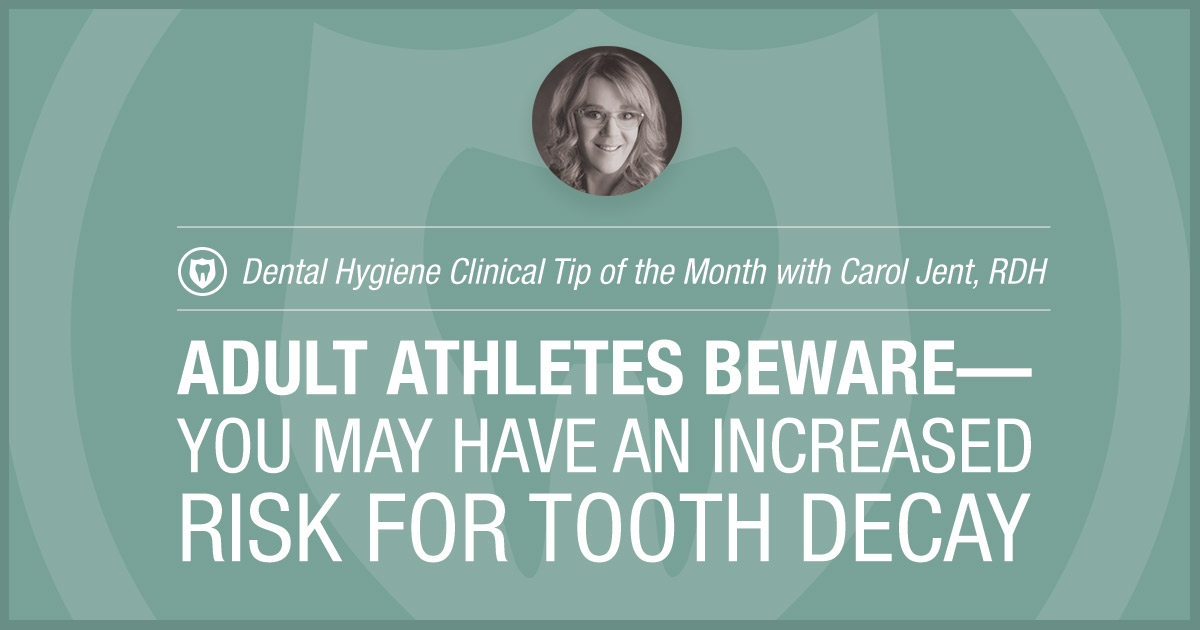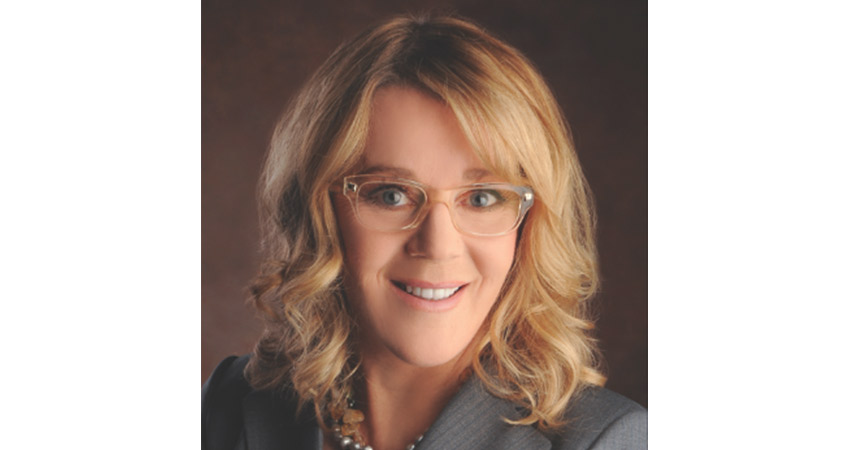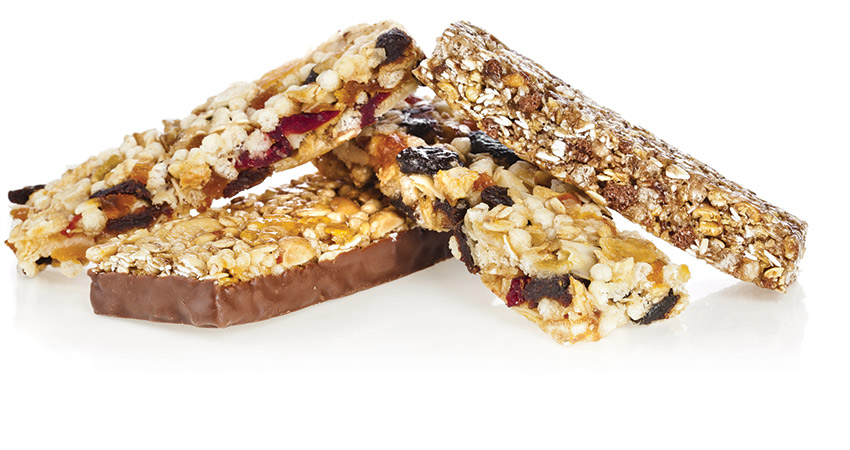Children and their sippy cups and toddlers with their bottles are a well-known recipe for disaster when it comes to tooth decay, but with the rise in popularity of adult sports like road biking, mountain biking, and long-distance running, the risk once only assigned to toddlers has increased for adults. The culprit? Sports drinks and energy bars. Thus, —fluoride varnish and dental sealants—once considered preventive treatments for kids, have become just as important for many adults, and the impetus for these extra measures of care lies with the dental hygienist.
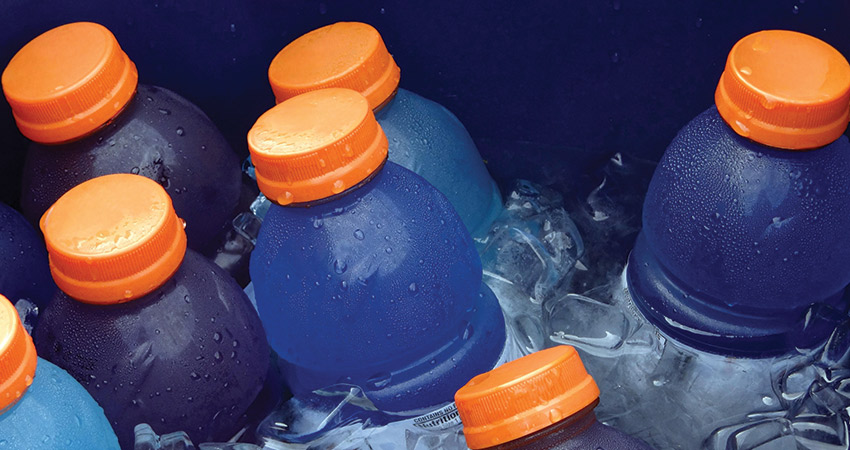
Sports and Fitness drinks can often
be as harmful for the teeth as a bottle can
be to a baby’s teeth, due to their high
acid content
Carol Jent, Ultradent’s clinical registered dental hygienist is passionate about the subject. “I’ve had a real bee in my bonnet about adults getting fluoride treatments and sealants. It’s something that I’m so driven about and I realize that sometimes insurance companies push back about adults getting these treatments, but I think if we, as hygienists, can at least educate ourhigh-risk adult patients on why it’s so important, we can make a difference.”
Jent continues, “We have a whole new generation of adults that are becoming sports nuts and they’re eating nutrition bars that are sticky and full of dried fruit that get down into the occlusal surfaces, similar to how raisins and gummies get down into the occlusal surfaces of children’s teeth that we’ve been warning parents about for years. This also applies to chewable and gummy vitamins that adults are taking these days. In addition, and perhaps even more dangerous, is the amount of fitness drinks adults are consuming. Things like Gatorade, Powerade, or other fitness drinks that people like my husband will sip on for hours when they’re out on their mountain bike. These beverages are just as damaging to the teeth as a sippy cup or bottle would be to a baby’s teeth because of the pH of these beverages.”
Jent explains, “Tooth enamel begins to demineralize at 5.5 pH. 7pH, the pH of water, is neutral. Soft drinks are way below that and in many or even most cases, fitness drinks, as far as acid content, fall even lower on the pH scale than soda. Fluoride toothpaste helps, but nasty habits make it very difficult to combat that. After enamel demineralizes, then dentin and cementum are exposed and those demineralize even faster than enamel when exposed to acid. That’s why it’s so important to protect the enamel with fluoride varnish and sealants before it gets to that point for adults, and the problem is, so many don’t even realize they’re at risk!”
So how should hygienists determine which adult patients need to take extra measures to ensure the long-term health of their teeth? Jent suggests that hygienists talk to their patients during their initial risk assessments. If an increased risk is determined, a treatment plan with fluoride varnish like Ultradent’s Enamelast® fluoride varnish and pit and fissure sealants like Ultradent’s UltraSeal XT® plus sealant or UltraSeal XT® hydro sealant should be prescribed.
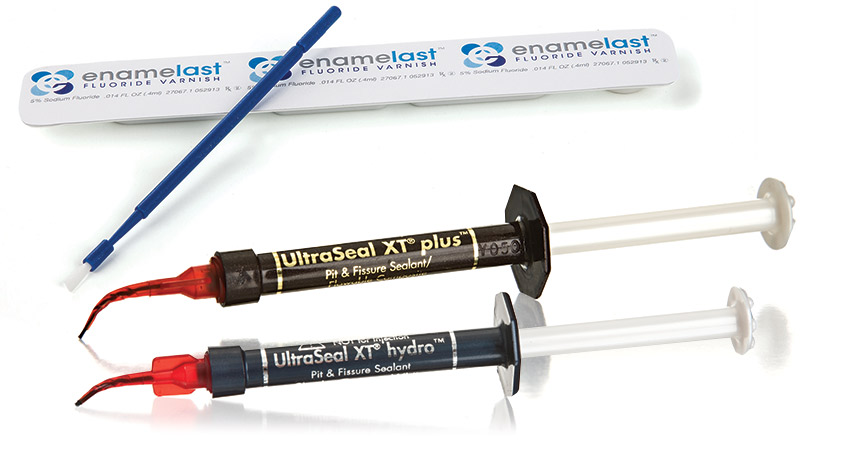
Like kids, at risk adults should get
fluoride varnish treatments at their
regular dentist appointments,
as well as sealants, to help protect
their teeth from decay
Other risk factors that would potentially qualify an adult patient for sealants and a frequent fluoride varnish regimen include, but aren’t limited to, poor oral hygiene, eating disorders, infrequent dental care, alcohol and/or drug abuse. To see a full list of risk factors, click here.
Depending on risk, Jent recommends that adults get a fluoride varnish up to four times a year, even if they already have sealants. “When patients with sealants come in for their cleaning and recare visit, they should not forego a fluoride treatment. They need to protect all of the exposed enamel and dentin, including the occlusal areas adjacent to the sealant,” she says. “Hygienists need to have serious talks about fluoride varnish and sealants with their high-risk patients due to consumption of fitness beverages and bars, and with their extremely high risk patients due to dry mouth.”
Learn more about Ultradent’s hygiene products

Sports and Fitness drinks can often
be as harmful for the teeth as a bottle can
be to a baby’s teeth, due to their high
acid content
Carol Jent, Ultradent’s clinical registered dental hygienist is passionate about the subject. “I’ve had a real bee in my bonnet about adults getting fluoride treatments and sealants. It’s something that I’m so driven about and I realize that sometimes insurance companies push back about adults getting these treatments, but I think if we, as hygienists, can at least educate ourhigh-risk adult patients on why it’s so important, we can make a difference.”
Jent continues, “We have a whole new generation of adults that are becoming sports nuts and they’re eating nutrition bars that are sticky and full of dried fruit that get down into the occlusal surfaces, similar to how raisins and gummies get down into the occlusal surfaces of children’s teeth that we’ve been warning parents about for years. This also applies to chewable and gummy vitamins that adults are taking these days. In addition, and perhaps even more dangerous, is the amount of fitness drinks adults are consuming. Things like Gatorade, Powerade, or other fitness drinks that people like my husband will sip on for hours when they’re out on their mountain bike. These beverages are just as damaging to the teeth as a sippy cup or bottle would be to a baby’s teeth because of the pH of these beverages.”
Jent explains, “Tooth enamel begins to demineralize at 5.5 pH. 7pH, the pH of water, is neutral. Soft drinks are way below that and in many or even most cases, fitness drinks, as far as acid content, fall even lower on the pH scale than soda. Fluoride toothpaste helps, but nasty habits make it very difficult to combat that. After enamel demineralizes, then dentin and cementum are exposed and those demineralize even faster than enamel when exposed to acid. That’s why it’s so important to protect the enamel with fluoride varnish and sealants before it gets to that point for adults, and the problem is, so many don’t even realize they’re at risk!”
So how should hygienists determine which adult patients need to take extra measures to ensure the long-term health of their teeth? Jent suggests that hygienists talk to their patients during their initial risk assessments. If an increased risk is determined, a treatment plan with fluoride varnish like Ultradent’s Enamelast® fluoride varnish and pit and fissure sealants like Ultradent’s UltraSeal XT® plus sealant or UltraSeal XT® hydro sealant should be prescribed.

Like kids, at risk adults should get
fluoride varnish treatments at their
regular dentist appointments,
as well as sealants, to help protect
their teeth from decay
Other risk factors that would potentially qualify an adult patient for sealants and a frequent fluoride varnish regimen include, but aren’t limited to, poor oral hygiene, eating disorders, infrequent dental care, alcohol and/or drug abuse. To see a full list of risk factors, click here.
Depending on risk, Jent recommends that adults get a fluoride varnish up to four times a year, even if they already have sealants. “When patients with sealants come in for their cleaning and recare visit, they should not forego a fluoride treatment. They need to protect all of the exposed enamel and dentin, including the occlusal areas adjacent to the sealant,” she says. “Hygienists need to have serious talks about fluoride varnish and sealants with their high-risk patients due to consumption of fitness beverages and bars, and with their extremely high risk patients due to dry mouth.”
Learn more about Ultradent’s hygiene products


